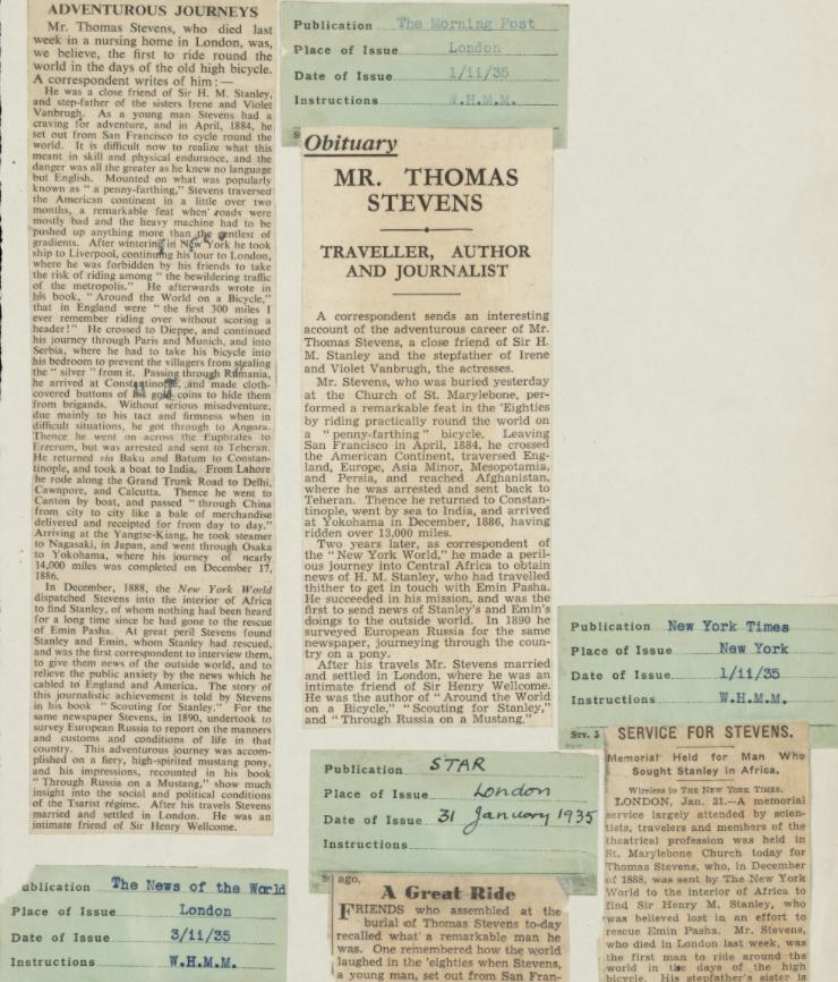I wanted to travel to Pennsylvania to be with my family this Christmas. My family always swaddles the holiday thick with traditions, and I missed those. On Christmas Eve, my mom crushes candy canes for homemade peppermint stick ice cream. That night, my dad sometimes builds a fire on the far side of their pond. The family creaks through frosty grass and takes seats around the fire, reading Luke’s gospel and imagining what it would have been like to “keep watch over… flocks at night.” They attempt “Away in a Manger,” starting too low, their voices by the end sounding like chairs rasping across a floor. On Christmas morning, they always have cinnamon rolls and coffee while opening stocking stuffers. They open presents, and then eat waffles.
I wanted to be in Florida with my in-laws for the new year, which is tradition, too. This year, we had a new niece down there we hadn’t met yet. We kept browsing for cheap tickets.
I have spent several Christmases marooned in Chicago. This year, with gas prices and unemployment both so high, I suspect that more people were separated from their families over the holidays. Indeed, Laura Donovan wrote about this trend in her article “A Very Skype-y Thanksgiving.” Some probably considered themselves plucked from the fires of dysfunction. Googling “not going home for the holidays,” an abundance of articles about surviving holidays at home cropped up. Others no doubt felt exiled and, even as adults, a tad homesick. It still just feels like Christmas is where Mom is. There’s no way around it.
How can we exiles handle the distance?
In the weeks leading up to Christmas, I spent a lot of time Grinching. I didn’t buy a Christmas tree. Not even an artificial or Charlie Brown tree. No wreaths or greenery or cranberry popcorn chains. No sharp fir smell in our apartment. No special candles or Advent calendars. No Christmas music. This was partly because I’m a teacher and it was the end-of-semester crunch. But also, it was a classic disappointment pirouette: one begins the pirouette by caring deeply, and then feels a slight turn when disappointment hits, and then concludes the circle by resenting the very thing once held so dear. To wit: “I would love to be home for Christmas,” “I can’t go home,” “Christmas is lame.”
Eventually, I began to take heart, though. Christmas, I realized, isn’t primarily about family. Christmas is a holiday in the root sense of the word. Paraphrasing the OED here, the old English root, háligdæg, always meant consecrated day or religious festival, and the definition that meant “vacation” or “a day off” was always tied to the concept of the day’s holiness. The Immortal and Invisible becoming flesh and dwelling among us: this is what Christians consecrate on this day.
I began to realize that family togetherness can symbolize the incarnation for Christians. We reenact some aspects of the holy drama when we dwell with one another. Family togetherness is not the whole point of Christmas, so I could be of good cheer because of that, because it meant I could still consecrate the day in a whole and full-hearted way. Family togetherness is, however, a great symbol for Christ coming to his own, so enjoying and remembering family was still something I wished to pursue somehow.
Even though family togetherness–mingled voices, rumpled Christmas-morning hair, arms touching while sitting four on a couch–couldn’t happen on Christmas, I discovered a few ways to enjoy presence despite that.
If it was the incarnation that was really moving me to celebrate Christmas, I wanted to remember Christ’s birth in a way that involved both flesh and spirit.
First of all, I wanted to sing. “Music is about as physical as it gets,” Anne Lamott writes in Traveling Mercies. “Your essential rhythm is your heartbeat; your essential sound, the breath. We’re walking temples of noise, and when you add tender hearts to this mix, it sometimes lets us meet in places we couldn’t get to any other way.” Music can use the body to bring about the mind and spirit’s change, so instead of Grinching, I went to our church’s Christmas service and belted out carols. I sang “Joy to the World” and “Hark! The Herald Angels Sing” while cooking. I hummed along with Neil Young’s version of “What Child Is This?” on Christmas at the Ranch, one of the few Christmas albums we own.
I didn’t go out and buy a Christmas tree (I think in Chicago they cost about as much as my month’s rent), but I did inspire sense of sight and smell by lighting a Christmas candle, displaying Christmas cards, and arranging some ornaments on a bookshelf. It was enough to remind me of the season’s purpose, so it worked.
From this refocused core, I wanted to let my family know that I wished I could be with them. I called them and Skyped with them. I sent them some Orange-flavored coffee from Chicago’s own Orange restaurant and they drank some for Christmas breakfast. I gave them some homemade cranberry applesauce and it became a side-dish for their Christmas dinner. I like the idea that something of substance was there with them, something to sustain the flesh.
It also seemed to make sense that I would be present with the people who were here, either with other people who are in Chicago this Christmas, or just with my husband. For Christmas breakfast, we made crepes. For Christmas dinner, we created the best homemade pizzas imaginable. It was an unconventional Christmas dinner, but why not? It’s my husband’s favorite meal, and making even classier varieties than usual made the day special.
I wanted to be in Pennsylvania for Christmas. I wanted to be in Florida for New Year’s Day. A few days before Christmas, my in-laws told us to go ahead and buy tickets, even if we couldn’t find a great deal. I got to hear my six-month old niece laugh, and all season long it felt good truly to be where I was, and truly to remember the presence of God, who has come so close.
[Originally published in 2012.]

![[From the Archive] Not Home for the Holidays](/content/images/size/w960/wp-content/uploads/2012/01/Christmas-Tree.jpg)


